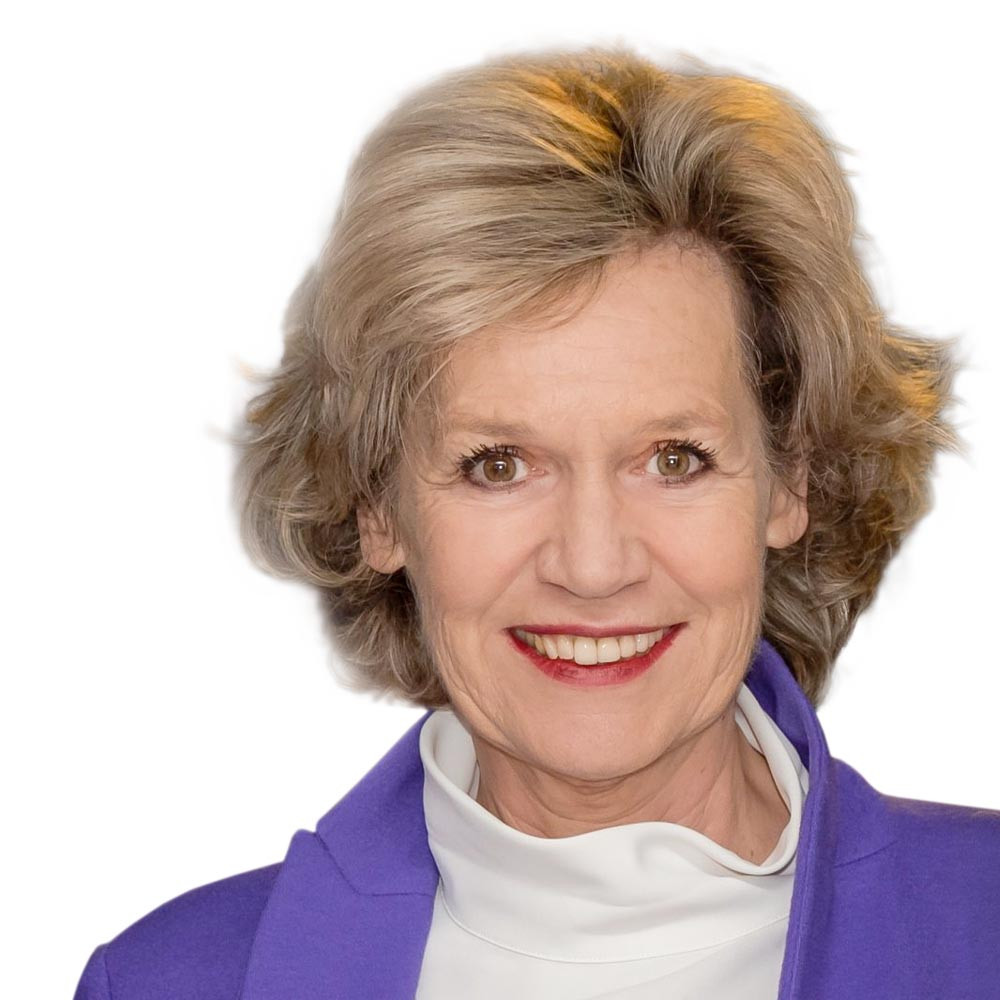Supervisory Boards’ range of tasks – and thus their responsibility and liability as well – has grown significantly larger and more diverse, not least due to new legal and regulatory requirements. Supervisory Boards that take their jobs seriously and wish to competently respond to these new framework conditions must obtain specific and ongoing qualification. A long-term approach – as emphasized by Dr. Viktoria Kickinger from Directors Academy and Dr. Jan Dörrwächter from the hkp/// group – is important in the process.
Dr. Kickinger, Dr. Dörrwächter, what is the situation with Supervisory Boards in Germany?
Dr. Viktoria Kickinger: I cannot give a blanket response to this question. What we are seeing is that the range of tasks, risks, and liabilities of Supervisory Boards – especially in leading, listed companies but also beyond – has become far more extensive than five or even ten years ago, and that there is a greater need than ever for education and training, particularly in many new topics.
What factors triggered this development?
Dr. Jan Dörrwächter: There are more causes than just one single turning point. Supervisory Boards have been facing gradual but continuous challenges due to many changes – primarily legislative ones. For instance, one significant effect on the tasks and the role of Supervisory Boards has resulted from the second European Shareholders’ Rights Directive – which has been implemented in Germany via the ARUG II [German Law for the Implementation of the Second Shareholder Rights Directive] – and the associated increase in investor power. Just think of issues such as votes on remuneration systems and reports. In this case, investors want to understand exactly how the system suggested by the Supervisory Board works and which results it produces. And during the process, they have specific expectations for companies.
Which topics do you feel that Supervisory Boards need to catch up on the most?
Dr. Kickinger: Let me answer this question based on my role as the head of a multimedia online education platform for Supervisory Boards: We are currently facing the highest demand on the issues of governance and sustainability. However, liability, regulation, and work in the audit committee have also become more important.
Dr. Jan Dörrwächter: The illustrated demand is also consistent with conversations held in our advisory mandates. For instance, Supervisory Boards ask for assistance with matters such as implementing sustainability guidelines in the setup and organization of the Supervisory Board itself, but also with the Board of Directors’ compensation. This is precisely where there is a greater need for consultancy, e.g. for implementing the appropriate key figures for measuring sustainability in variable compensation. Furthermore, it must be ensured that integrating sustainability goals in the compensation system remains practically manageable and does not create a bureaucratic nightmare.
Dr. Viktoria Kickinger: Incidentally: These new topics also entail different usage behavior in Directors Academy, perhaps also in the education and training of Supervisory Boards overall.
Which changes are you talking about?
Dr. Viktoria Kickinger: Now we are seeing changed learning behavior that has been brought about by more than just the coronavirus. These new range of topics cannot be taken lightly, and you cannot master them simply by doing a one-time skim reading. In this case, you need to specifically build on and develop expertise, which requires precise permeation, discussion, and repetition. We are also seeing a stronger desire for certificates for completing certain modules in training courses.
Dr. Jan Dörrwächter: Let me illustrate my point with some examples: A bank’s Supervisory Board does not need to be familiar with each and every ramification of the institution remuneration regulation to assess the legal compliance of the compensation system that they will decide on for company management. To do so, they may seek the advice of qualified internal and mainly external experts as well. But they must be familiar with the fundamentals of the regulatory framework in order to ask the right questions and to be able to assess the plausibility of the advice given. The same also applies, e.g. for assessing compliance matters or the risk management system in a company.
Would you say that there is an increased demand for education and training offerings?
Dr. Viktoria Kickinger: In conversations with people that are already in a Supervisory Board role or gladly wish to take over one, we are experiencing increased demand for education and training offerings for the relevant topics. However, the raw data from our analyses as a platform with the corresponding learning content paint a different picture.
To what extent?
Dr. Viktoria Kickinger: Directors Academy’s 2019 research indicates an education and training rate of only 3.7%. Even if this is an older analysis, hardly anything has generally been done in light of the current figures. Our market insight says the following: There is still a minority that regularly undertakes education and training. The remainder leave it to chance or self-awareness to determine whether they expand and/or update their knowledge structurally and regularly.
Are members of the Supervisory Board actually legally obliged to undergo continuous training?
Dr. Jan Dörrwächter: It’s not quite laid out so explicitly in legislation. However, according to the case law of the Federal Supreme Court, each member of the Supervisory Board must possess the minimum knowledge and skills required for working in a Supervisory Board – or at least acquire them. This rightly includes continuous education in order to keep up with developments in legal and actual framework conditions as well as the increasing demands made on Supervisory Board work.
Do you see a particularly high demand for education and training for Supervisory Boards from women?
Dr. Viktoria Kickinger: We are registering far more women than ever before at the Directors Academy, but I cannot say what originally brought it about. The clear thing is that information that is sent virtually is most cost and time-efficient and also far more consumable on an individual basis, which is a major boon for women. We, too, have expanded the quantity, quality, and topicality of our training offerings during the coronavirus phase in particular, and they have therefore become indispensable for more than just many women.
What is your general opinion on the presence of women in the Supervisory Boards of leading listed companies as well as in other companies?
Dr. Viktoria Kickinger: With the heavy increase in demand for more women in Supervisory Boards over the past several years, the composition of regulatory bodies has become a more broadly discussed social matter. Although it wasn’t known what Supervisory Boards did exactly, they were masculine, powerful, and invisible – and that needed to change. The Supervisory Board suddenly became a political goal, a female goal.
So now it’s over thanks to gender quotas!?
Dr. Jan Dörrwächter: In the case of listed corporations that are subject to parity codetermination, the Stock Corporation Act [dt. Aktiengesetz] now requires Supervisory Boards to consists of at least 30 percent men and women each. For the affected companies, this guideline has resulted in pressure to change that, in some instances, is significant.
And what happens if this guideline is not followed?
Dr. Jan Dörrwächter: If a Supervisory Board seat representing shareholders is occupied in violation of the gender quota, then the corresponding election by the general meeting is rendered null and void.
Dr. Viktoria Kickinger: … and then the “empty seat” penalty applies.
Do education and training offerings like those from Directors Academy actually compete with the activities of Supervisory Board advisors?
Dr. Jan Dörrwächter: As the hkp/// group, we are unable and unwilling to create any curricula with course offerings for Supervisory Boards – let alone keep them up to date. We evaluate Supervisory Boards on their efficiency and assist them with elaborating competence profiles. If we identify deficiencies or potential for optimization, then referring to training offerings such as those from Directors Academy is an obvious and very advisable step.
Dr. Viktoria Kickinger: The competitive landscape is very diverse. Lone warriors in particular discovered Supervisory Boards as an interesting customer cluster and often provided training at very affordable prices – sometimes free of charge as well. It fosters customer loyalty, but it is not a systematic approach that supports Supervisory Boards with their information needs over the long run.
Thank you for taking part in this interview.




